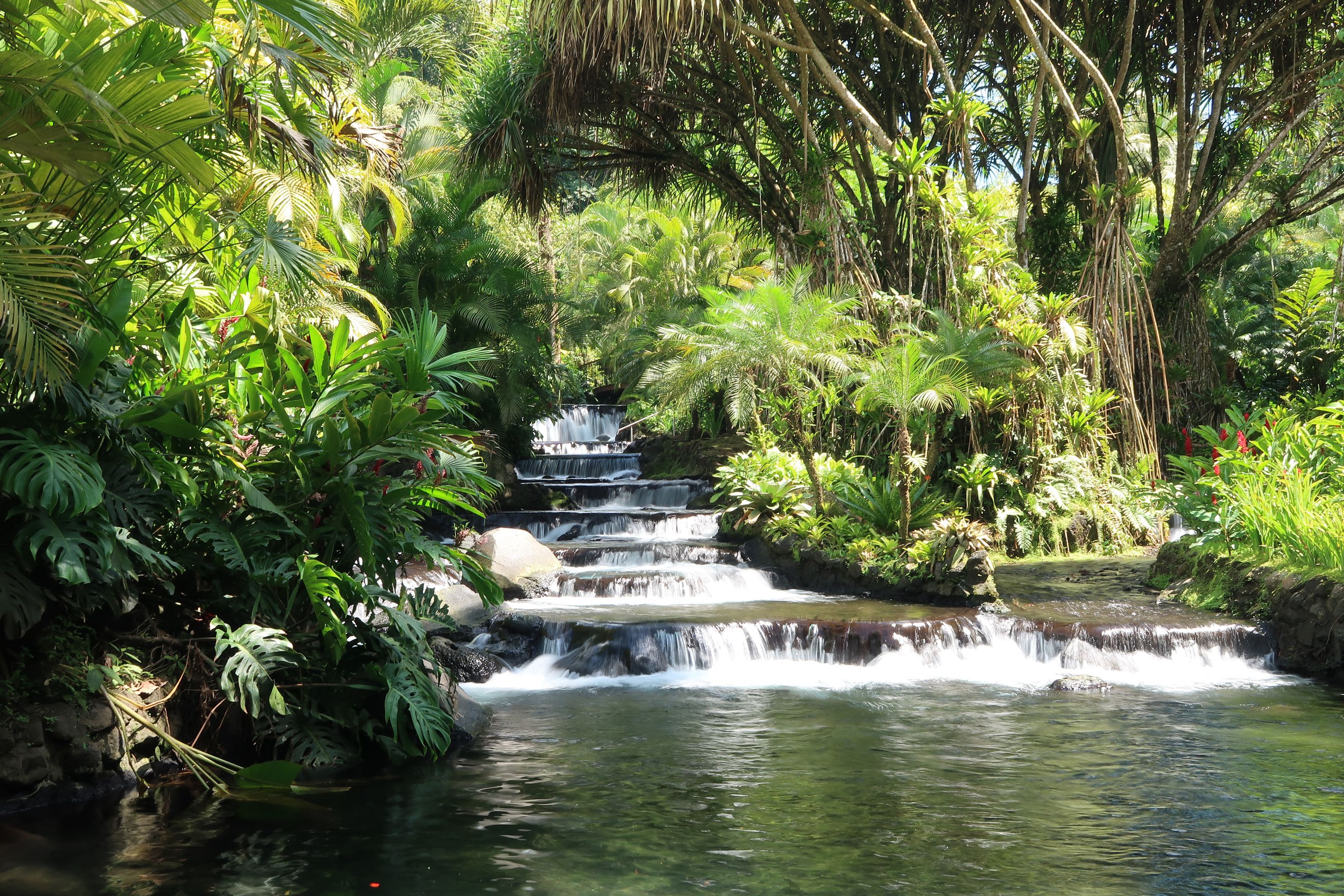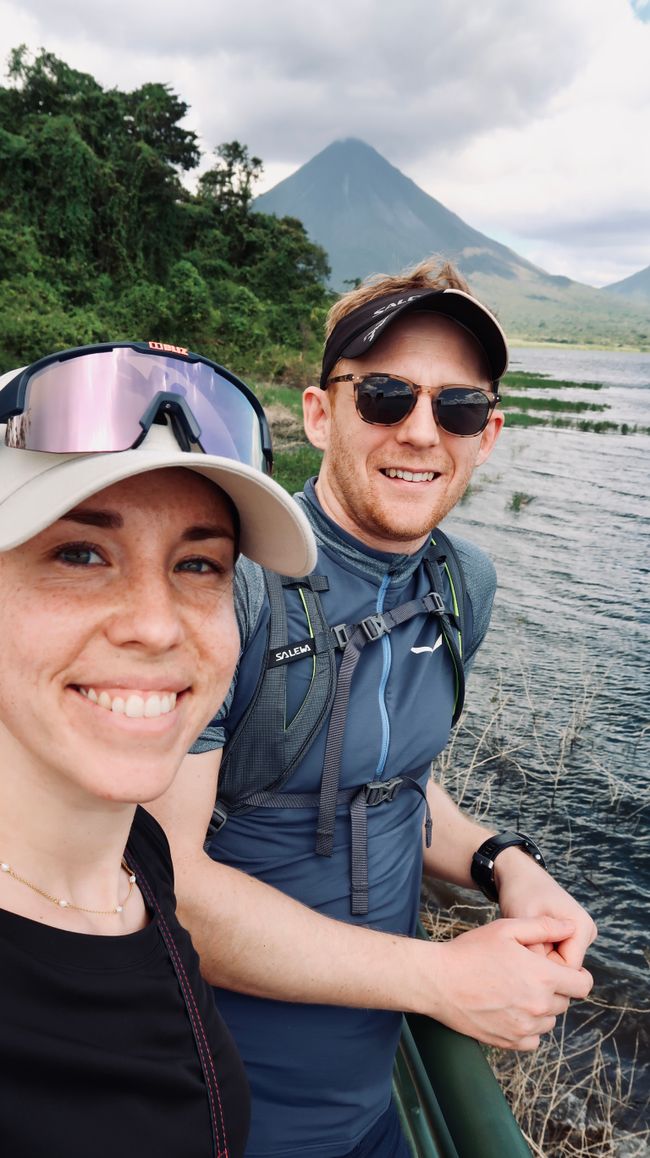Tejas, Pisco and the Nazca Lines (08.03.2022)
ထုတ်ဝေခဲ့သည်။: 09.03.2022
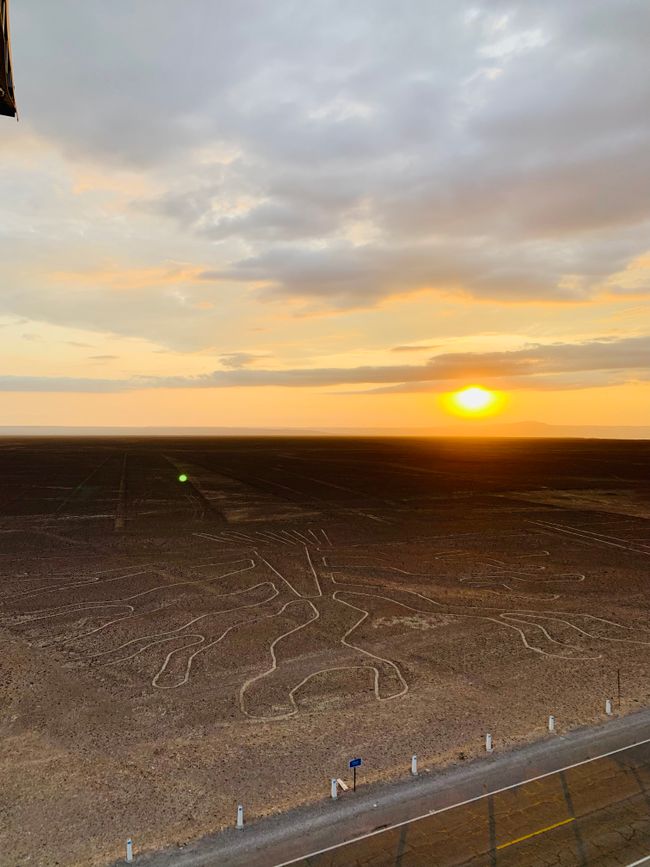
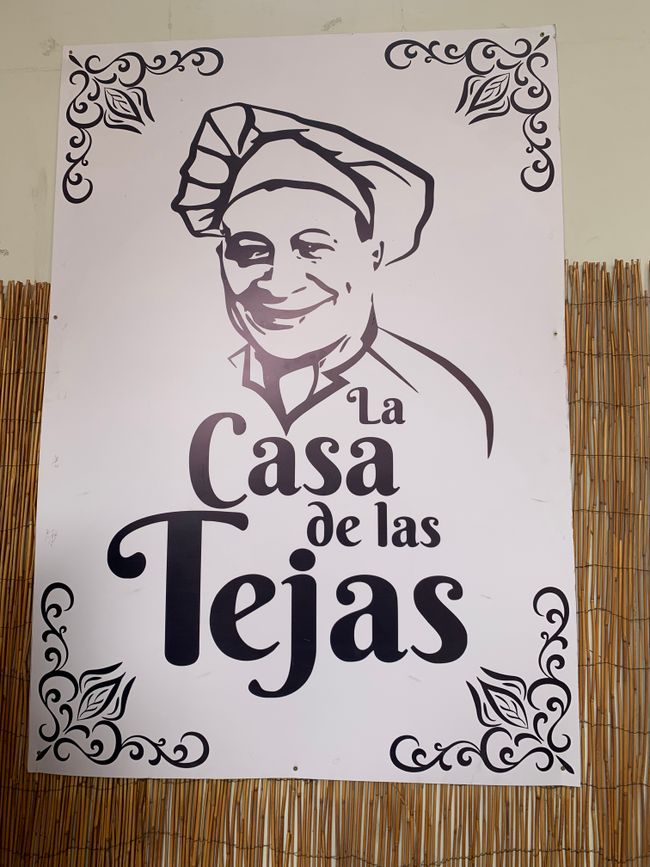
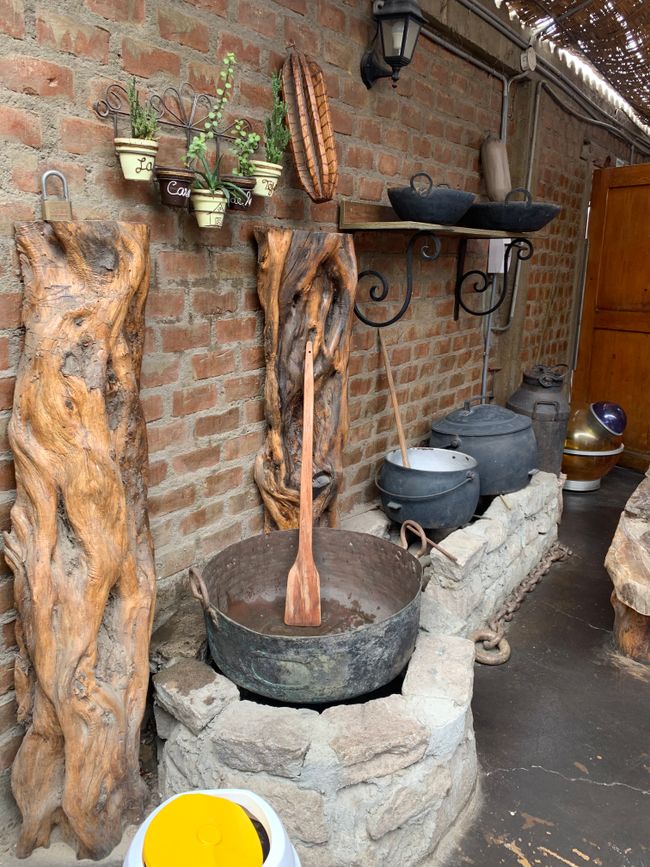
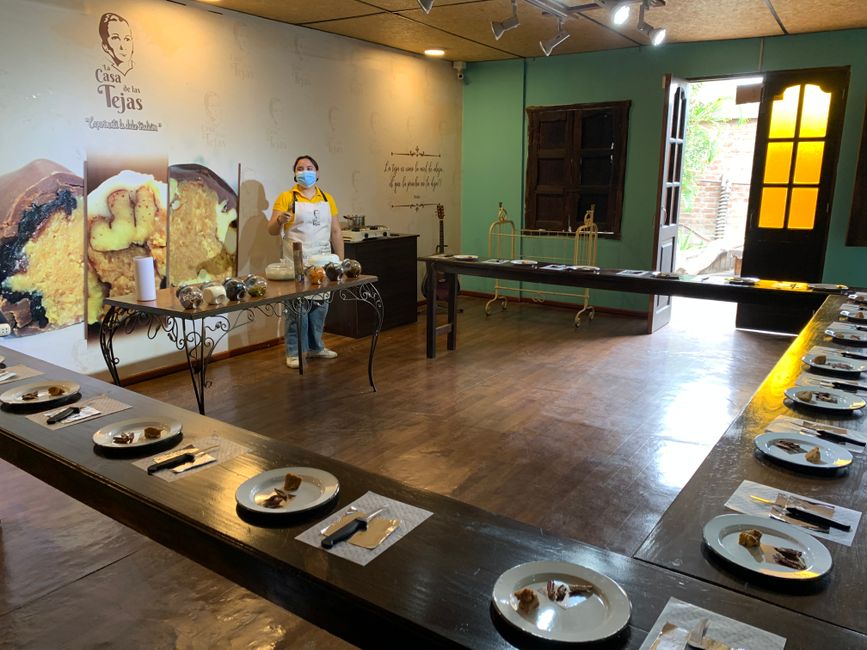
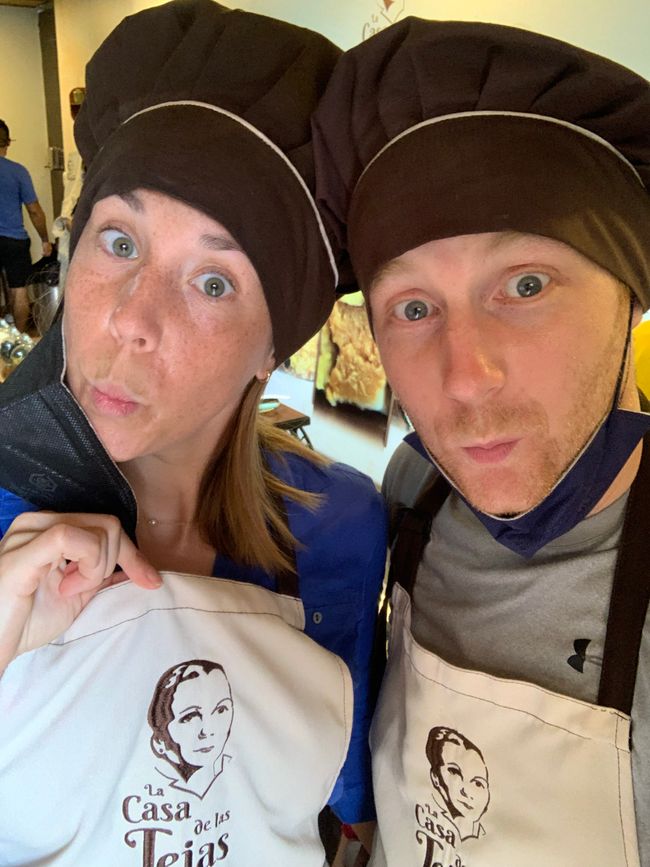
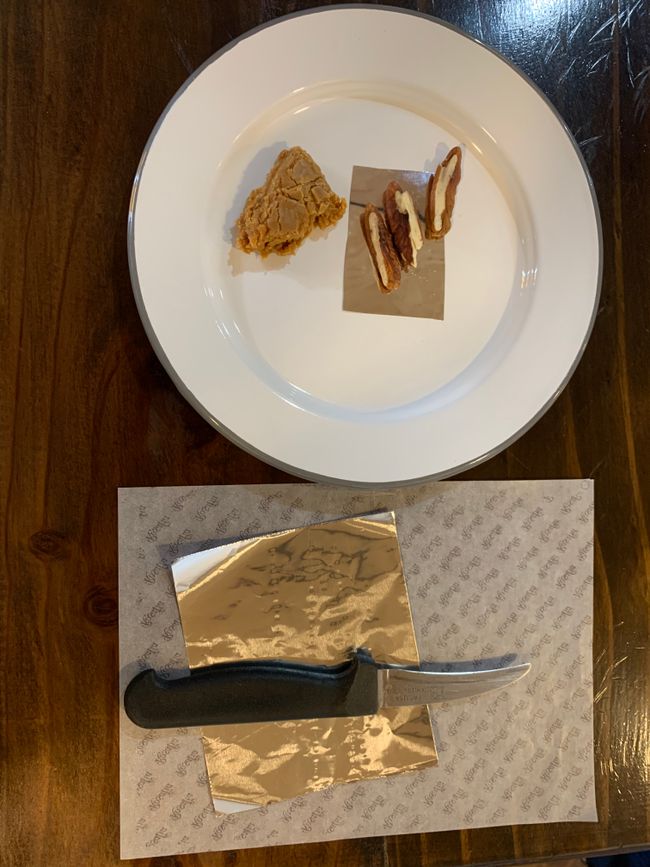
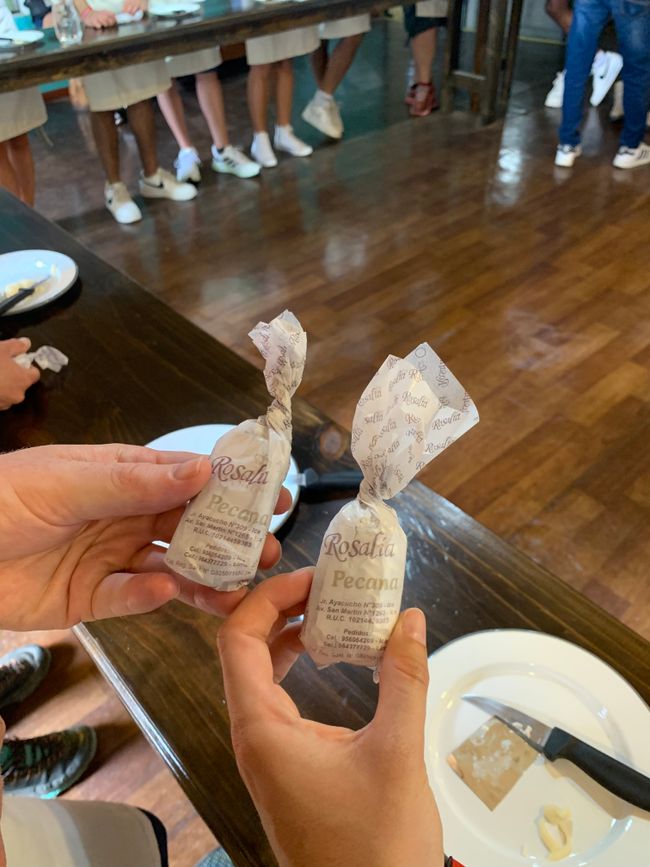
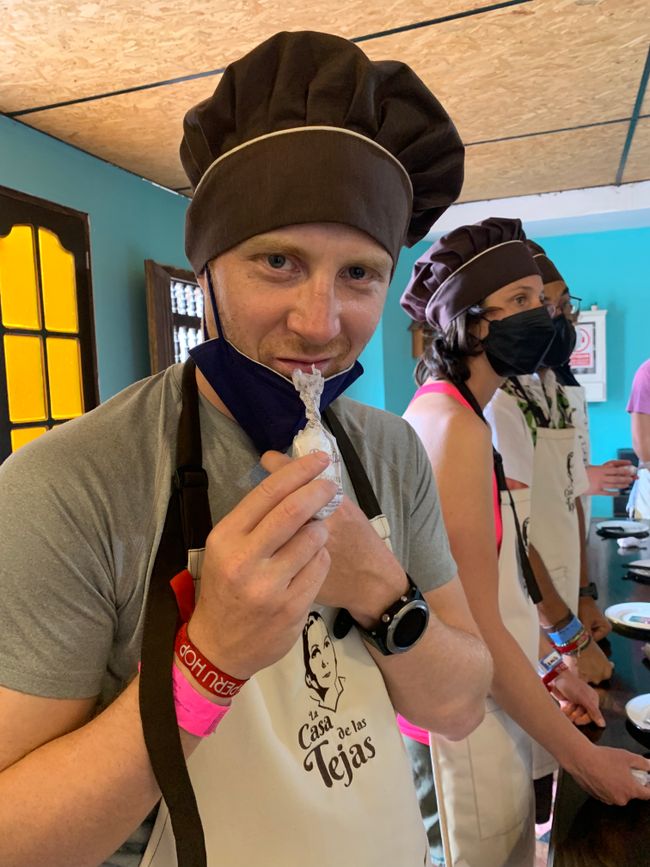
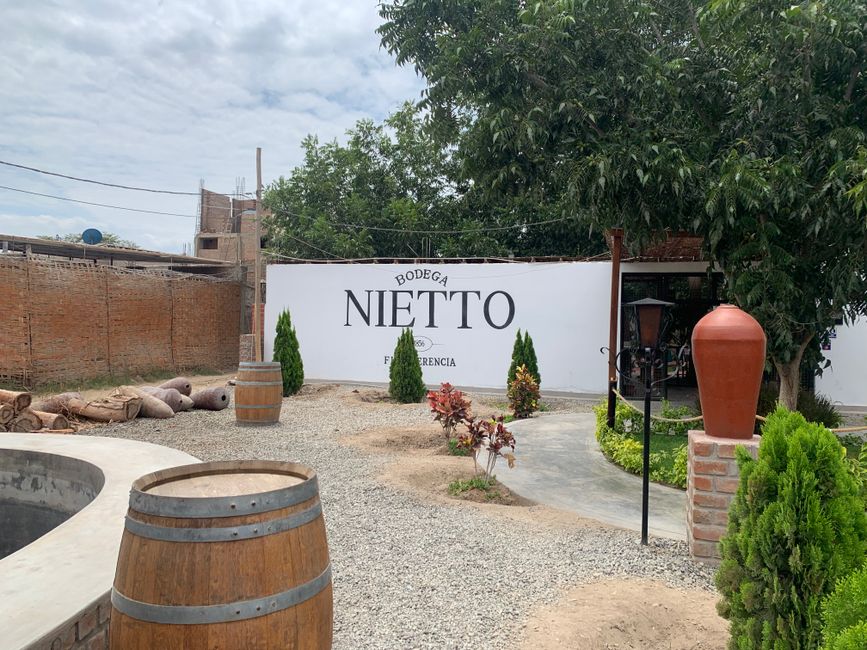
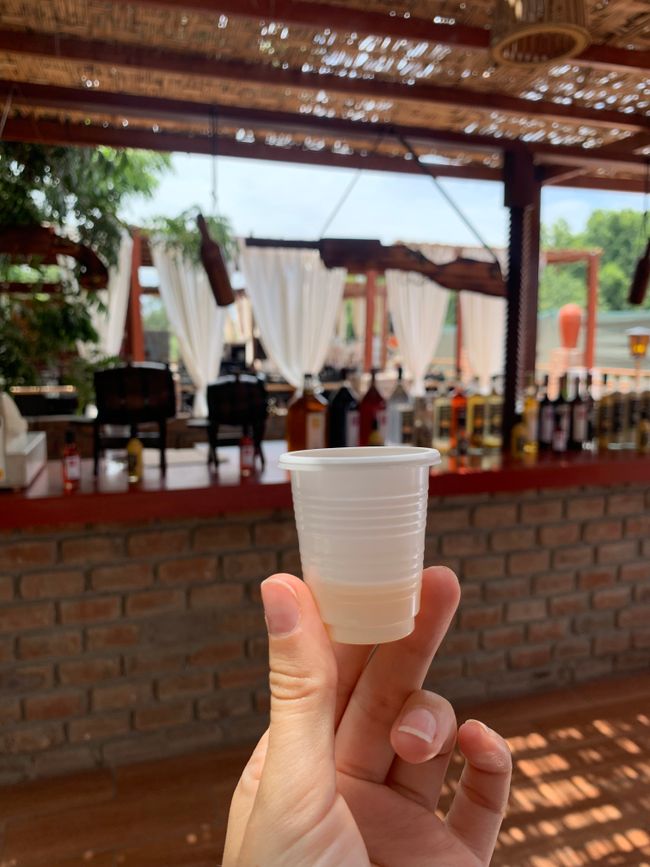
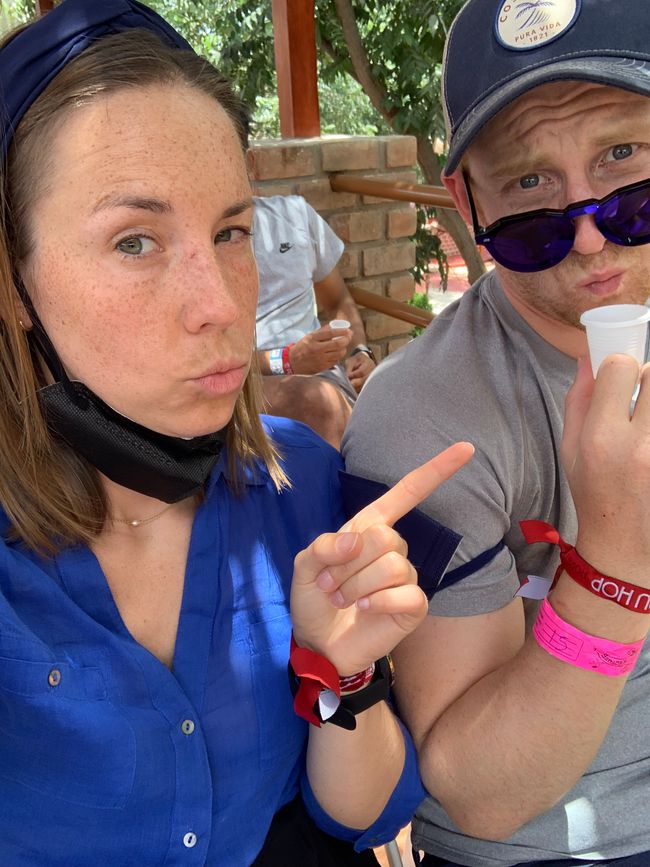
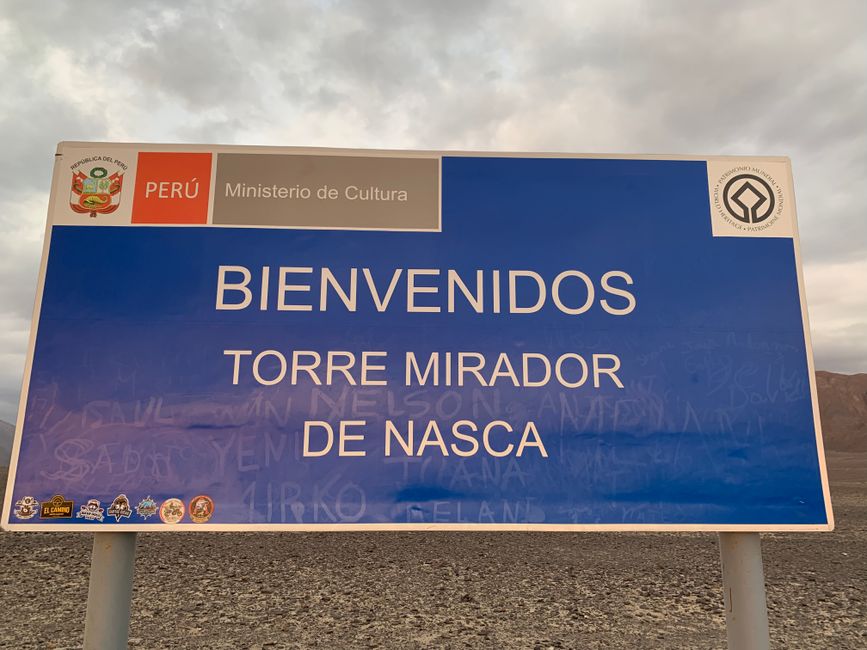
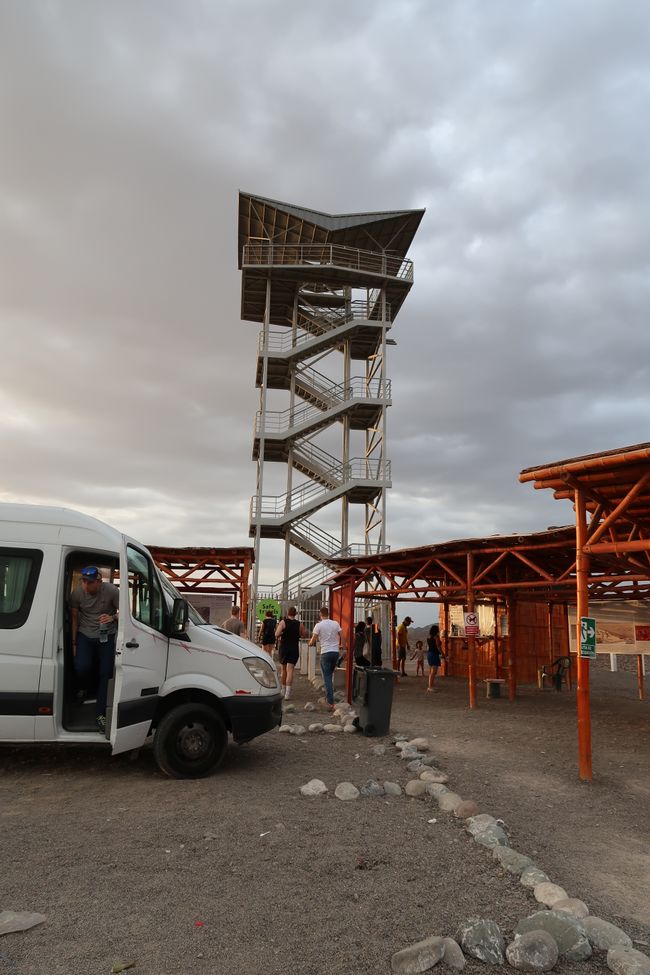
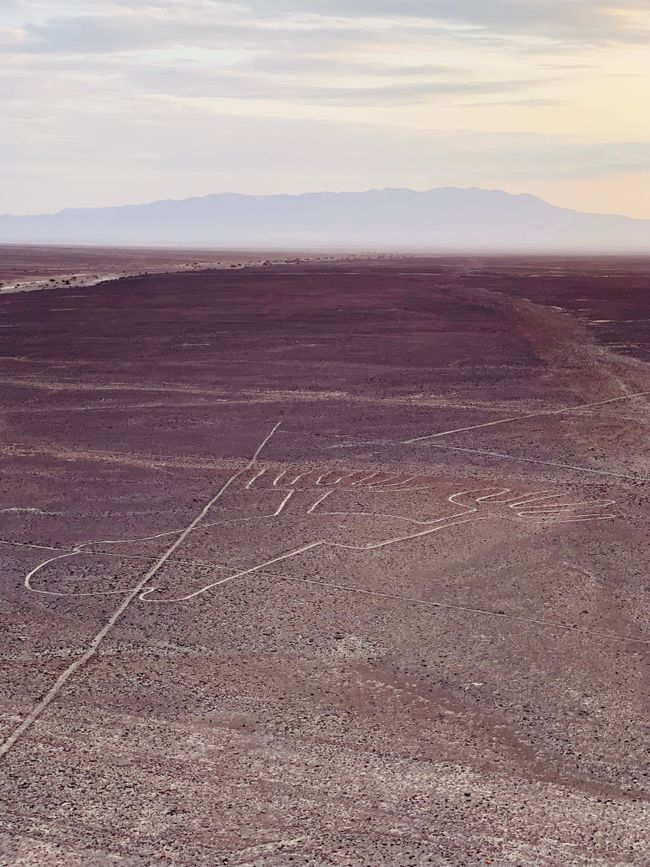
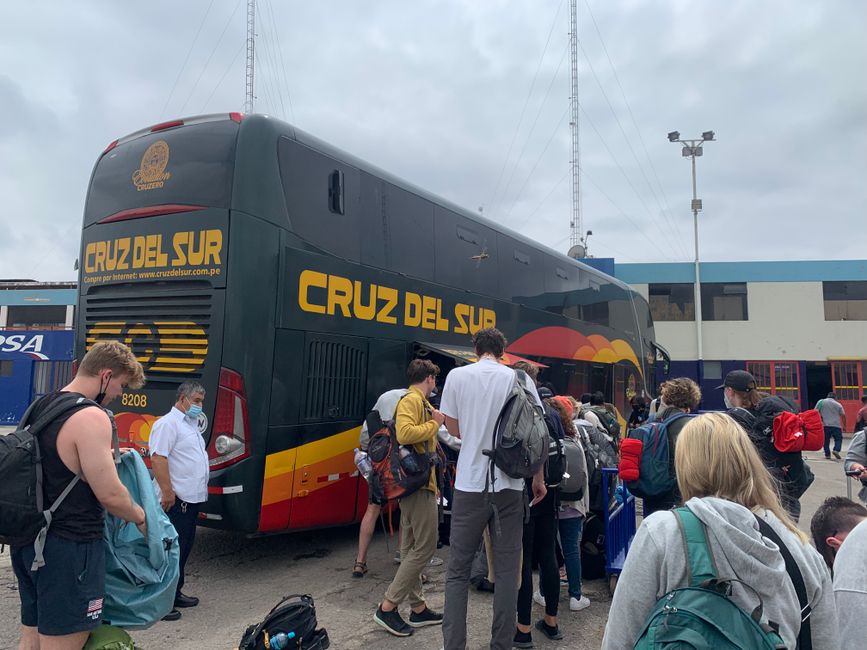
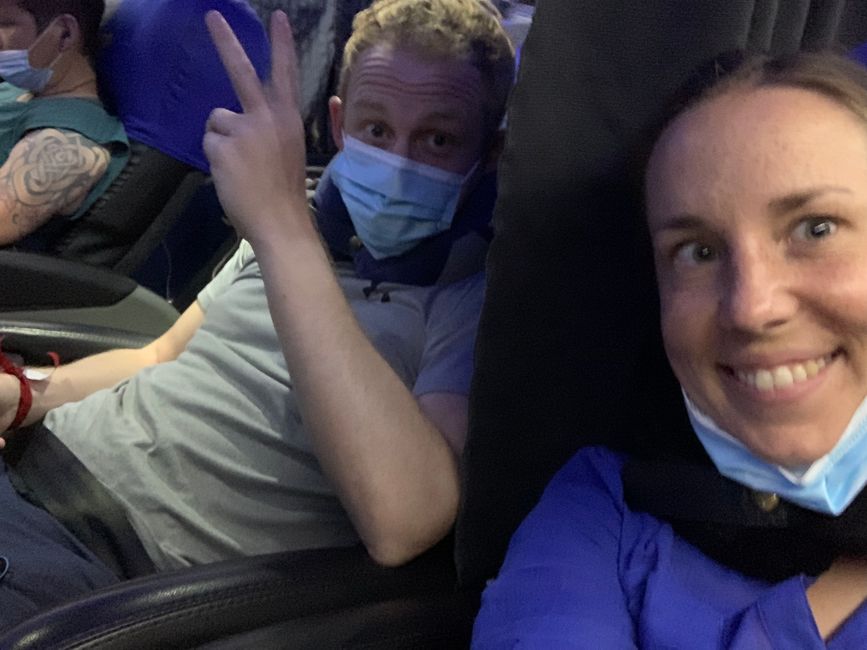
သတင်းလွှာကို စာရင်းသွင်းပါ။
Although it's a bit less action-packed than yesterday, we're still packed with activities today. We leave our 'oasis' in Huacachina and first head to Ica with an organized group at 10:00.
First, we visit a small factory (https://www.tripadvisor.com.pe/Restaurant_Review-g304040-d10110140-Reviews-Tejas_Rosalia-Ica_Ica_Region.html) that has been producing a sweet treat called Tejas for decades. Tejas is essentially made up of caramel, pecan nuts, and a chocolate or sugar glaze. We get a brief overview of the company's history and then we get to 'produce' our own Tejas and package them. And of course, we can also do some shopping at the end. As small marketing sacrifices, we do that too, to support the local economy and to keep our sugar levels high for the journey ;-).
The second stop on the tour around the city of Ica took us to a major Pisco producer in the region (https://pisconietto.pe). At this family-owned company called Nietto, which has been operating since 1856, we got an insight into Pisco and its production process. The fun and longest part was a very entertaining tasting of various products of the house, where we not only experienced new flavors of various brandies but also practiced Peruvian toasts. In addition to the classic Pisco, various liqueurs and wines are also produced, and the whole facility is designed so that 6 (large) groups can be entertained with tastings at the same time, and there is also a winery for dining (which we use for lunch). I reported more about Pisco from Lima recently - here is the link: https://vakantio.de/the-bl/lima-kulinarische-oase-0503
The original plan afterward was to leave for Nazca at 14:30. However, it wasn't until around 15:00 that we finally continued in a smaller bus (where we had to get off and change buses shortly before the actual departure, we're still wondering why..). After about 2.5 hours of driving, we reached one of the highlights on the route, the Nazca Lines. At the beginning of the week, we decided against an expensive flight (around €110/person) to fly over them. So we opted for the 'small version' with a viewing tower, from where we could see 3 (instead of 13) of these 'lines' (tree, lizard, and hand). After receiving feedback from other PeruHoppers that we later met in the city of Nacza, who had taken the flight, they had cool pictures but it was also very turbulent. Besides, one of those small planes had crashed recently, well after hearing that, we were actually doubly glad that we had left it at the observation tower.
We arrived in the city of Nacza around 19:00 after a wild ride in our minibus. The small town with around 23,000 inhabitants is not interesting from a tourist perspective, so we walked along the main street and observed the hustle and bustle at the main square. In a nice restaurant, we unexpectedly had a good (and cheap) dinner together with Anna from Carinthia, whom we met during the day. She is also traveling to Arequipa and will be in the country for about 5 weeks. Finally, at 23:15, we set off from the bus station to Arequipa. To our delight, we got a great coach that allows us to lie down in a fully reclined position, just like in Business Class on an airplane. We have about an 11-hour drive ahead of us at an altitude of around 2,500 meters to the second largest city in Peru.
Two things of the day:
Insight: The Nazca Lines cover an area of over 250 km2 in the Atacama Desert. The lines are often interconnected and can be up to 10 km long. From the lines, 13 figures of plants, animals, and humans can be made out. What is now known for certain is that the lines are the legacy of the Nazca culture, which existed from around 200-800 BC. The exact purpose of the lines is still debated today, and there are several theories about them. Thanks to the research work of German Maria Reiche, who laid the foundation of knowledge, the lines are still well preserved, intensively researched, and have been included in the UNESCO World Heritage List since 1994. The lines are often referred to as the eighth wonder of the world. For more detailed information, see this link: https://peru-spezialisten.com/die-nazca-linien-das-achte-weltwunder-der-atakama-wueste-perus/
Moment of happiness: The realization when boarding the bus that we really have comfort and enough space to be able to close our eyes during the 11-hour bus ride.
သတင်းလွှာကို စာရင်းသွင်းပါ။
ဖြေ (1)
Ursula
😳👍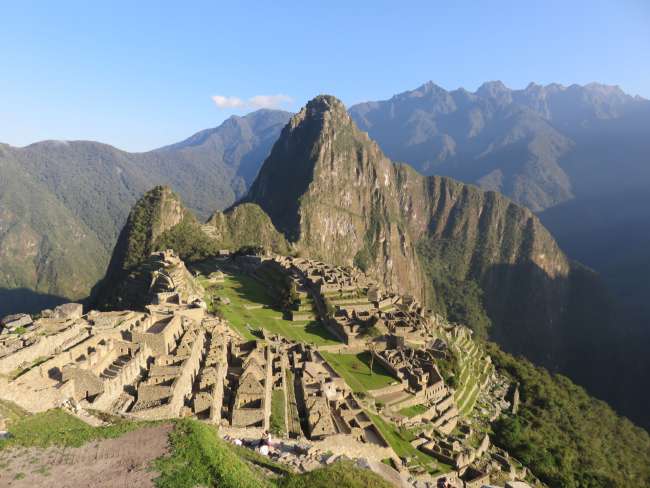
ခရီးသွားအစီရင်ခံစာ ပီရူး
